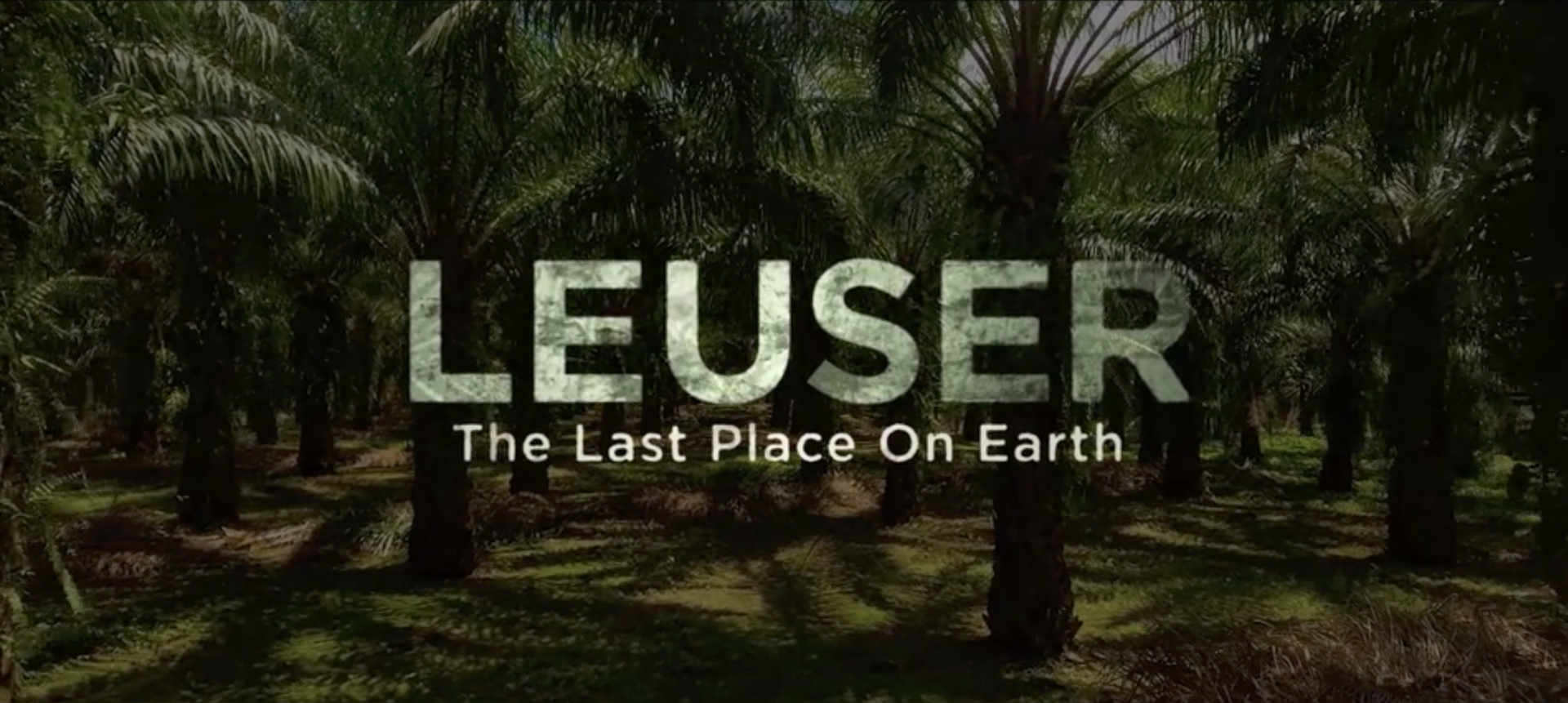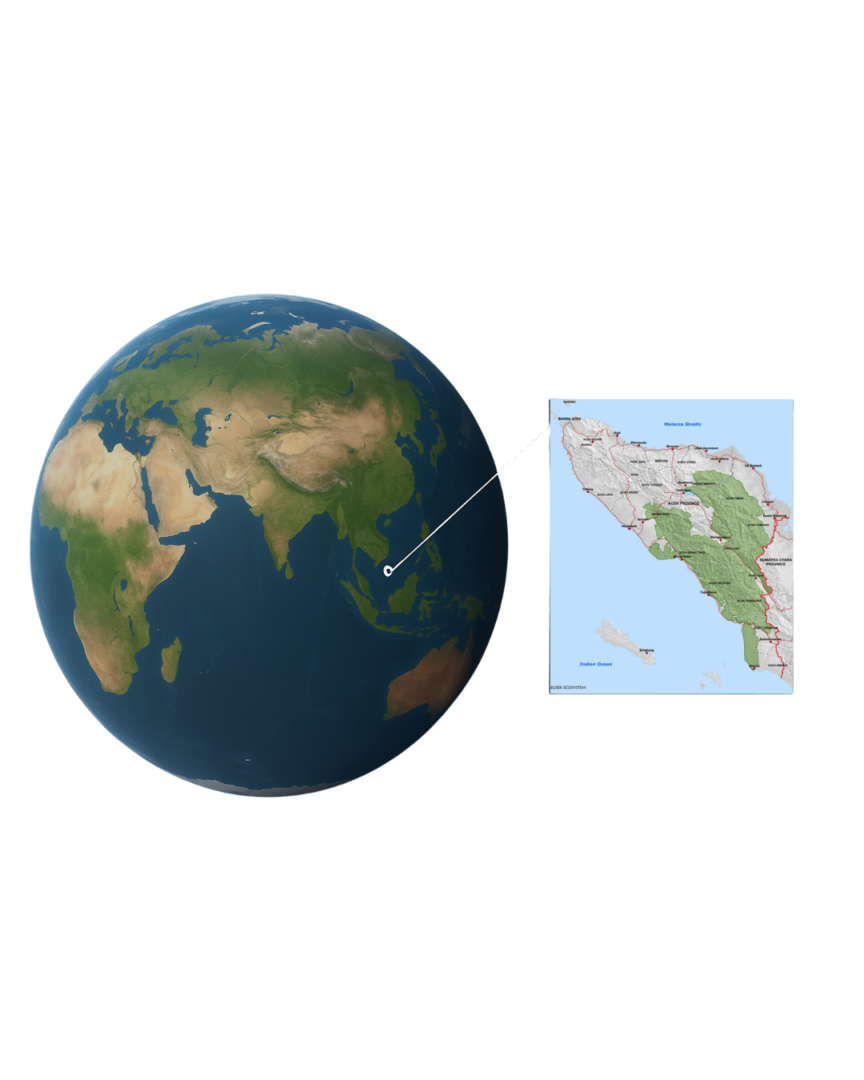“The Last Place on Earth” is a thrilling, nine-year journey into the heart of Sumatra’s Leuser Ecosystem—a 2.6-million-hectare rainforest where tigers, elephants, rhinos, and orangutans still roam free. Filmed by a dedicated mostly Indonesian crew, this investigative documentary follows a group of extraordinary wildlife activists as they risk everything to save one of Earth’s last untouched wildernesses from the devastation of the illegal palm oil industry.
From dramatic animal rescues and high-stakes arrests of poachers to the reforestation of thousands of hectares, each victory underscores the power of human determination in the face of overwhelming odds. “The Last Place on Earth” reveals the urgent need to protect our planet’s most irreplaceable treasures before it’s too late.

